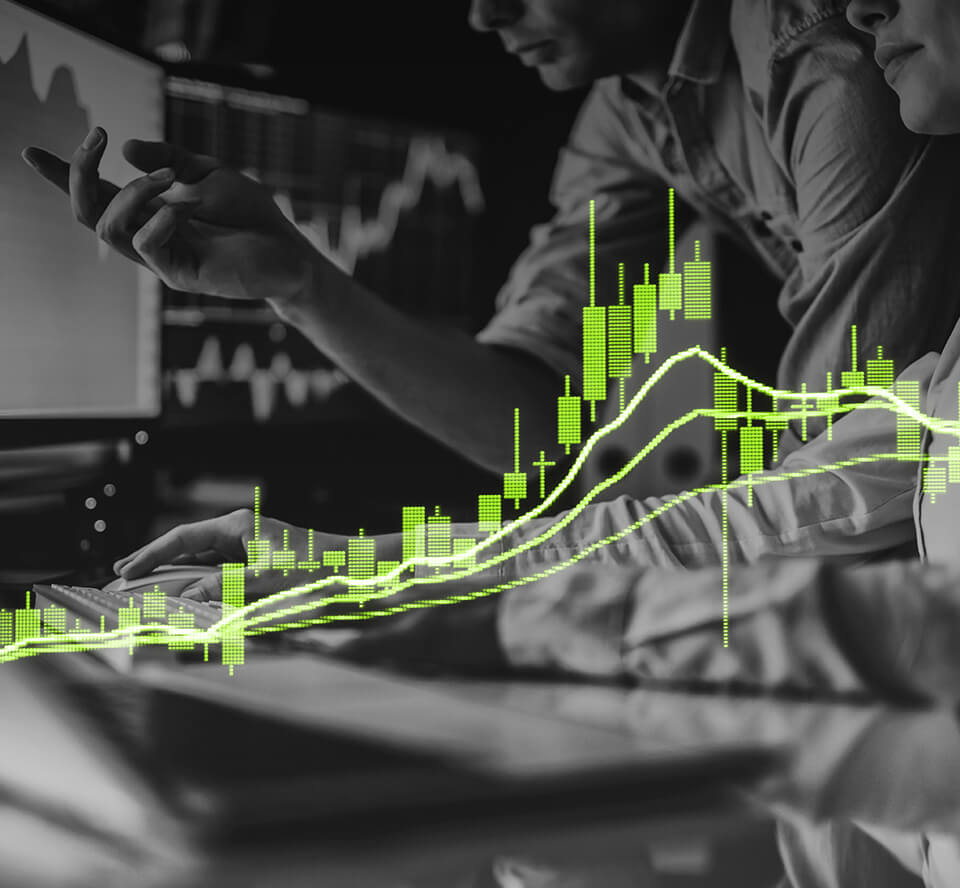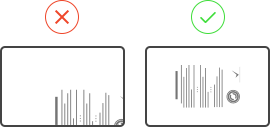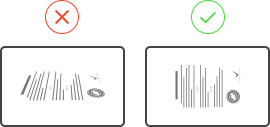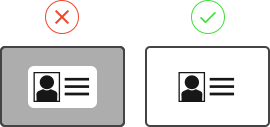% completed
Company Information:
This website (www.excentral.com/en) is operated by Mount Nico Corp Limited, a Cyprus Investment Firm, authorized and regulated by the Cyprus Securities and Exchange Commission with CIF license number 226/14. The company is located at Arch. Makariou III 240 & Vyronos 1, P. LORDOS CENTER, BLOCK B, Flat/Office 204, 3105 Limassol, Cyprus.
Mount Nico Corp Limited owns and operates the “eXcentral” brand.
Risk Warning:
CFDs are complex instruments and come with a high risk of losing money rapidly due to leverage. 84,19% of retail investor accounts lose money when trading CFDs with this provider. You should consider whether you understand how CFDs work and whether you can afford to take the high risk of losing your money. Past performance does not constitute a reliable indicator of future results. Future forecasts do not constitute a reliable indicator of future performance. Before deciding to trade, you should carefully consider your investment objectives, level of experience and risk tolerance. You should not deposit more than you are prepared to lose. Please ensure you fully understand the risk associated with the product envisaged and seek independent advice, if necessary. eXcentral does not issue advice, recommendations or opinions in relation to acquiring, holding or disposing of any financial product. Mount Nico Corp Limited is not a financial adviser and all services are provided on an execution only basis. Please read our Risk Disclosure document.
Regional Restrictions:
Mount Nico Corp Limited offers services within the European Economic Area (excluding Belgium) and Switzerland.
Mount Nico Corp Limited does not issue advice, recommendations or opinions in relation to acquiring, holding or disposing of any financial product. Mount Nico Corp Limited is not a financial adviser and all services are provided on an execution only basis.











